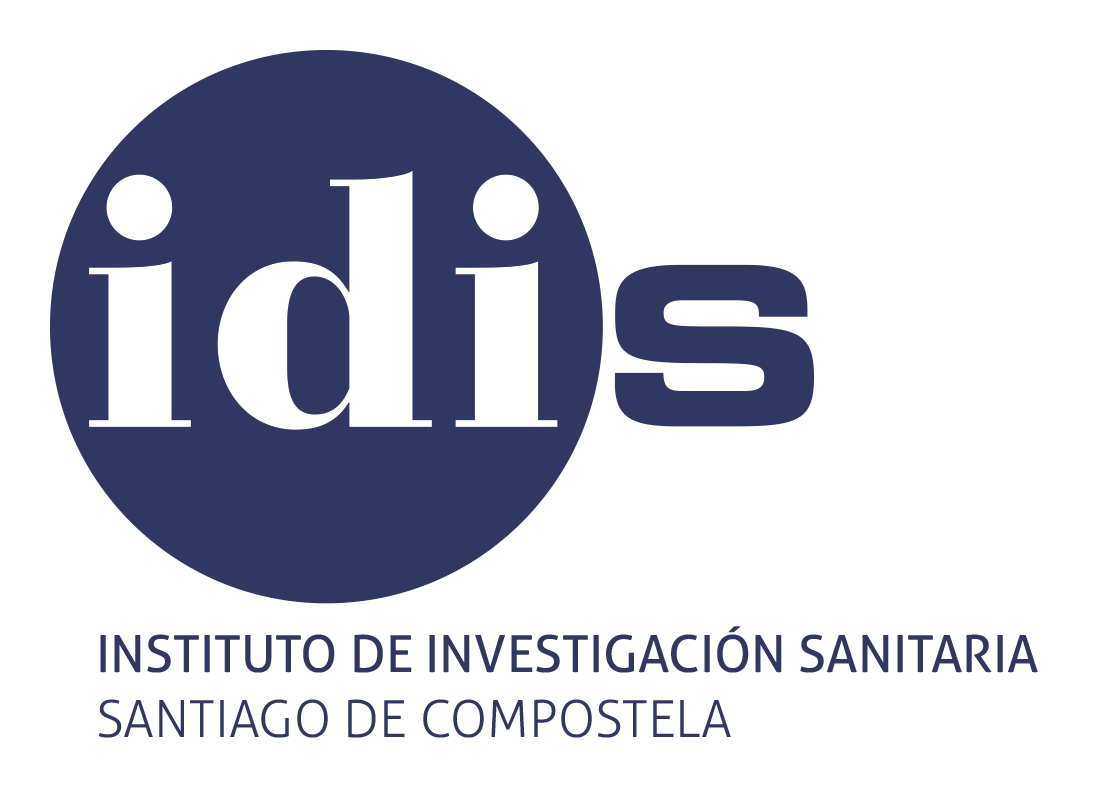Objectives and lines of research
Objectives
The Hereditary Kidney Disease Genetics Laboratory is located at the Santiago de Compostela Health Research Institute (IDIS), within the Hospital framework of the Santiago de Compostela University Hospital Complex (CHUS), and brings together a team of researchers and professionals with more than twelve years of national and international experience in the study of hereditary kidney diseases.
Our interest is focused on understanding the molecular mechanisms that lead to kidney disease, and for this, based on our experience in the field and the resources that surround us, we try to develop rapid and efficient analysis tools.
Lines of research
Our laboratory is divided into two units:
– Research unit. The Genetics and Developmental Biology of Kidney Diseases Group (IDIS) is directed by Dr. Miguel Ángel García González, a specialist in genetics and pathophysiology of kidney diseases. Dr. García-González is known, not only for being one of the authors of the patent in exploitation “PKD mutations and evaluation of the same (PCT / US2007 / 016705)” based on the first commercialized test for Autosomal Dominant Polycystic Kidney disease, PKDx test (Athena Diagnostics, Inc.), but also for the development of animal models of kidney disease and the identification of genetic and molecular mechanisms in its development. His works were collected in international scientific journals (Nature Medicine, PNAS, Human Molecular Genetics, Molecular Genetics and Metabolism, Journal of Cell Biology, Kidney International…). For this reason, NefroCHUS is constantly focused on the search for synergies and collaborations between clinical and basic researchers from the public and private spheres.
– Genetic analysis unit. NefroCHUS is a genetic analysis service for hereditary kidney diseases, focused on the diagnosis and development of tools capable of identifying mutations that cause kidney pathologies in known genes. In those cases where the presence of mutations in known genes is ruled out, we develop new strategies to identify new renal genes associated with disease.

